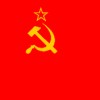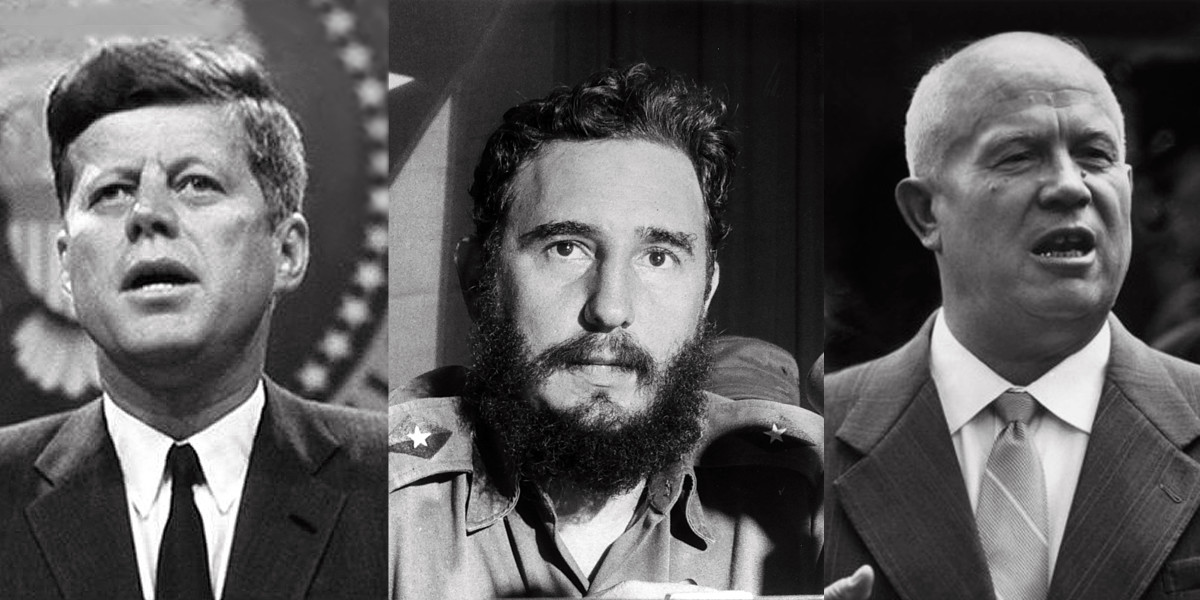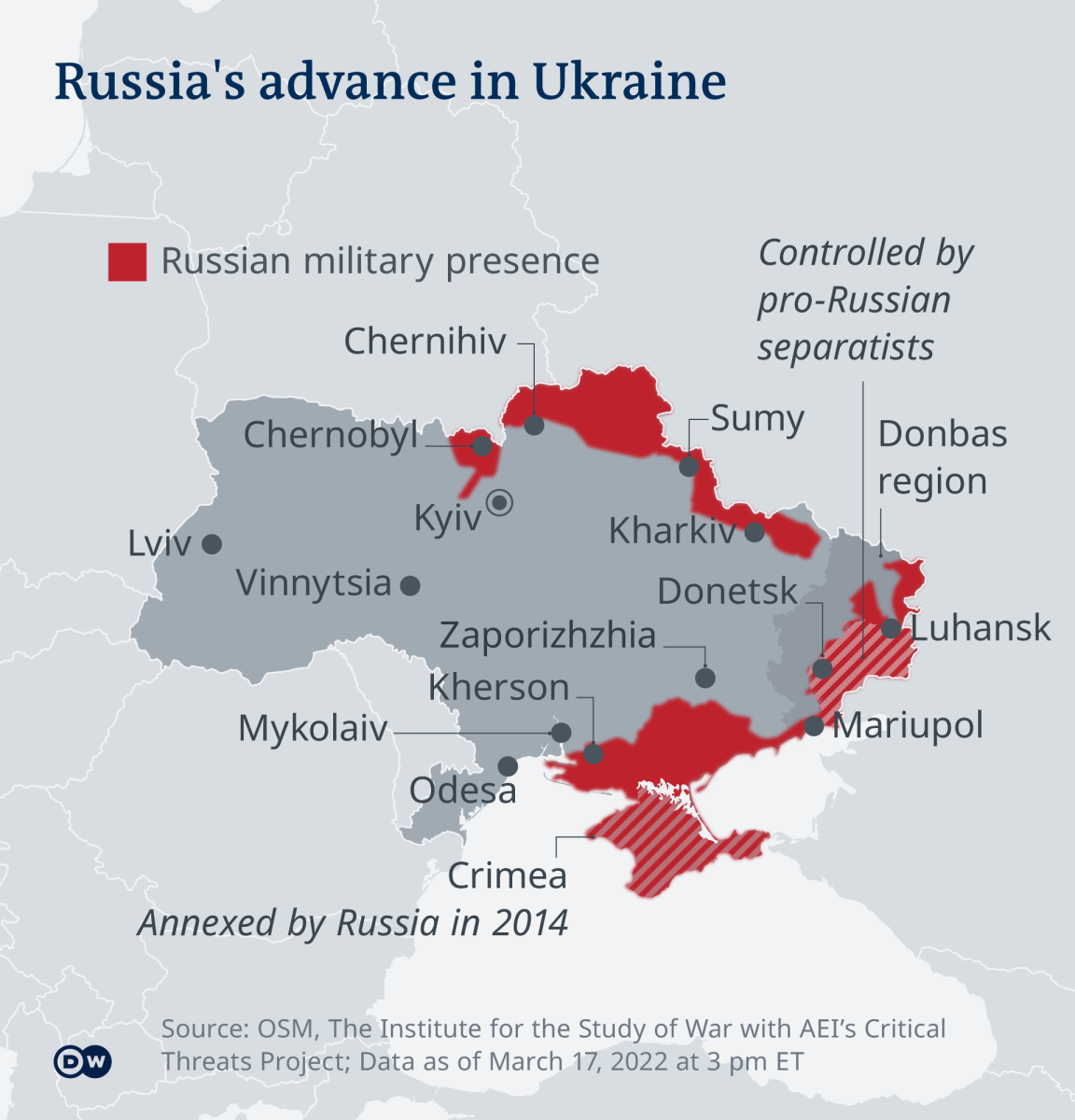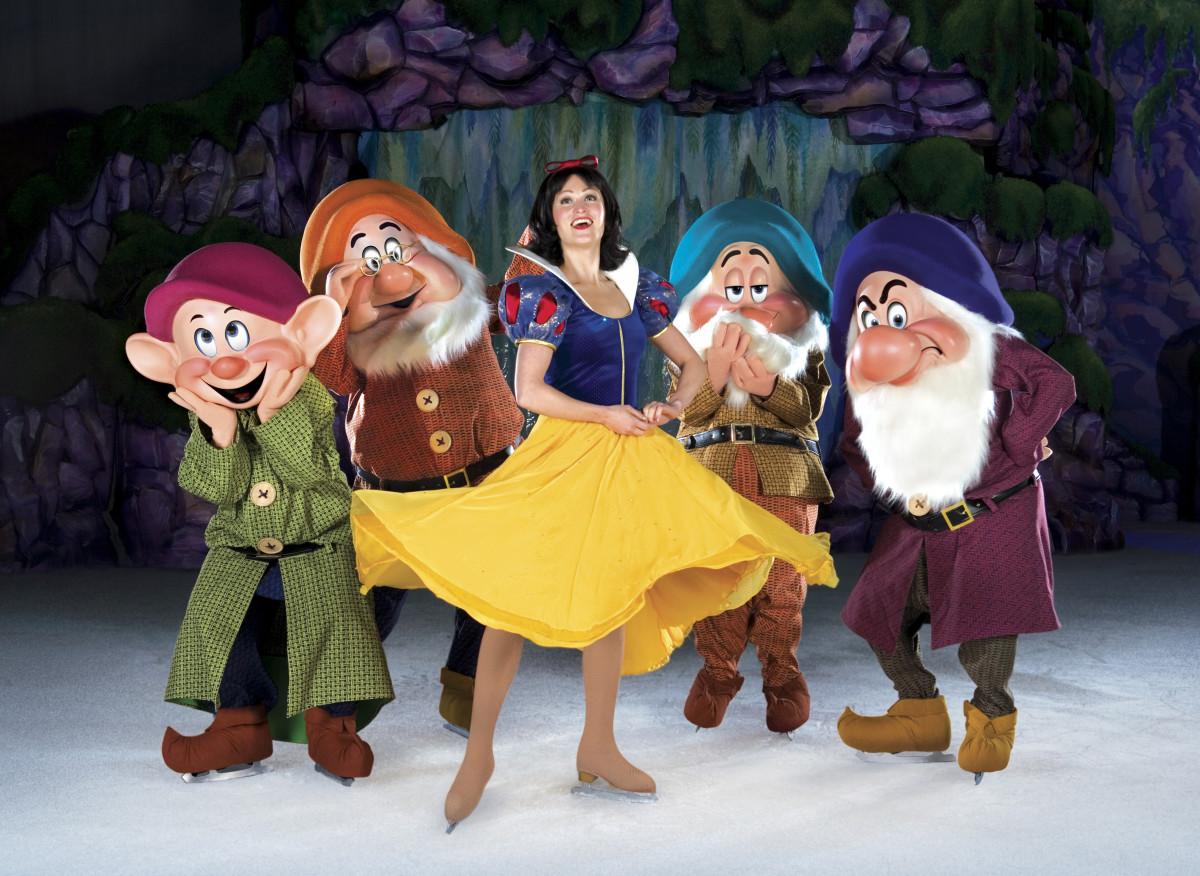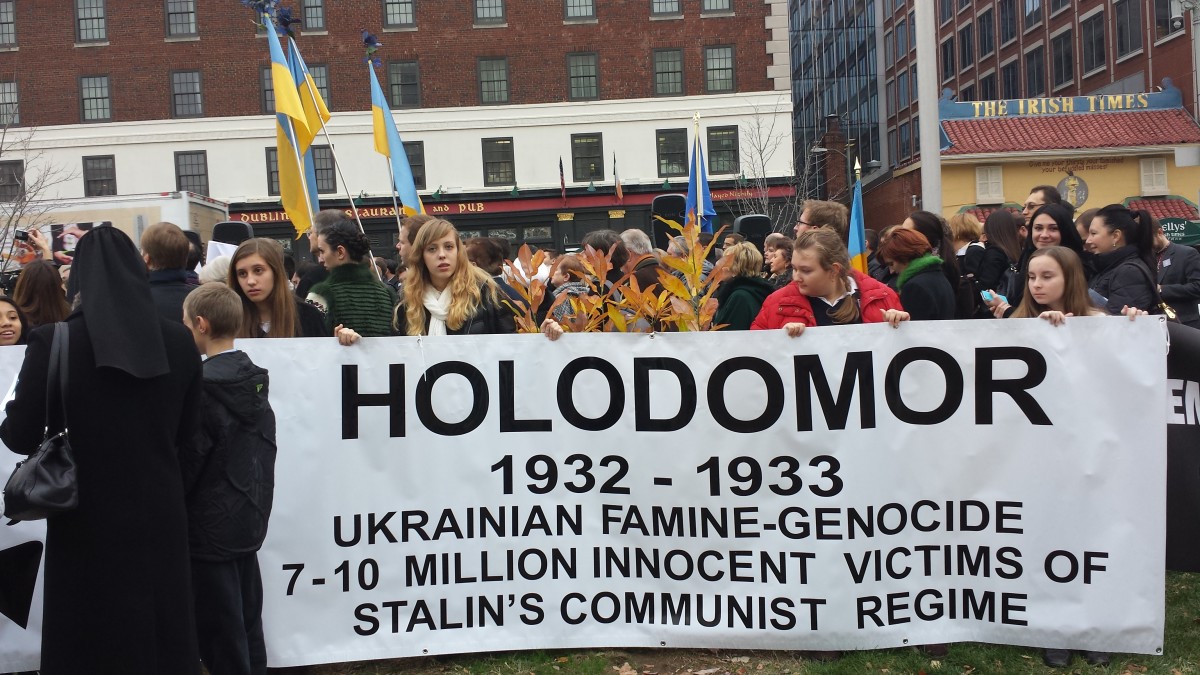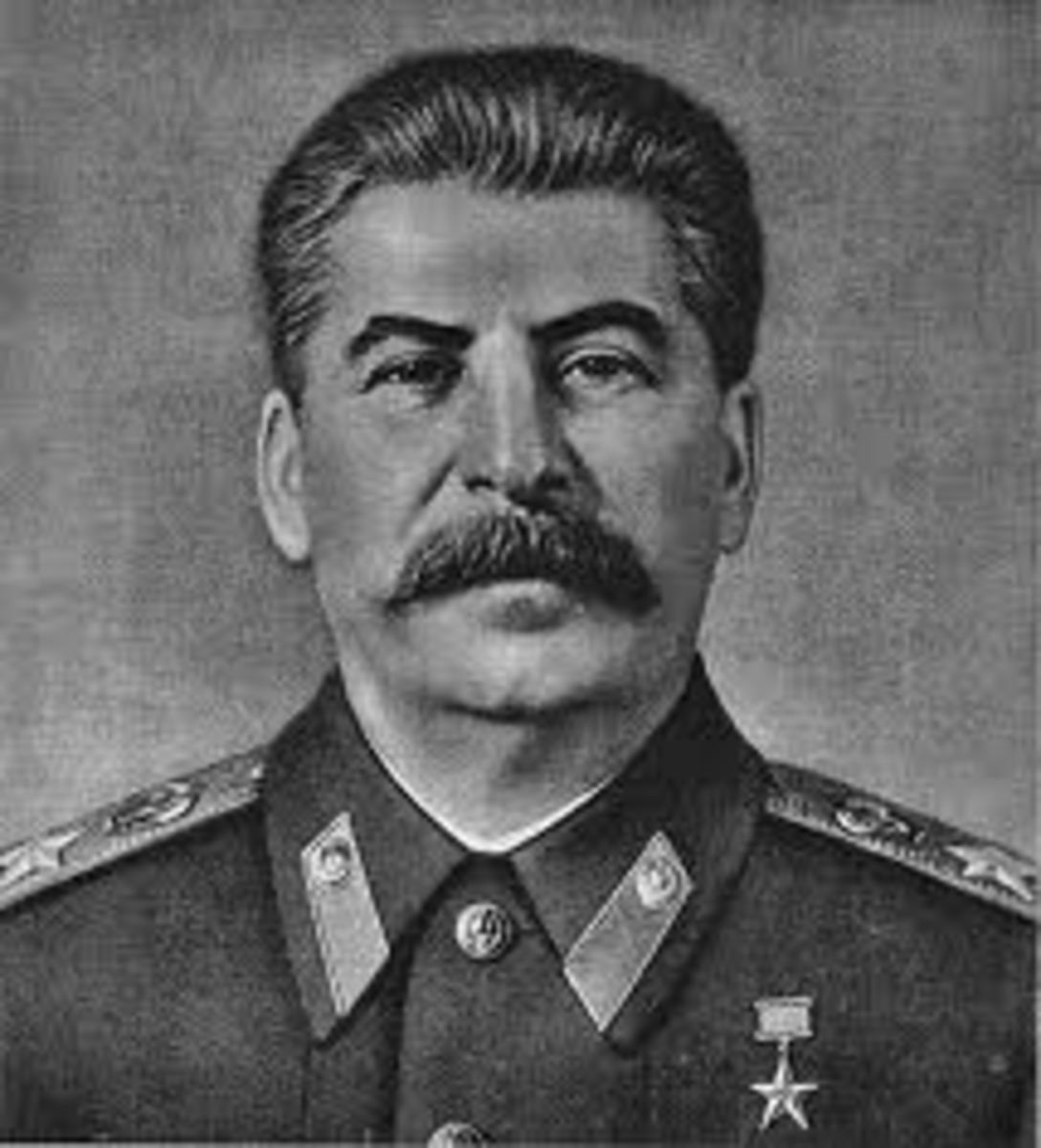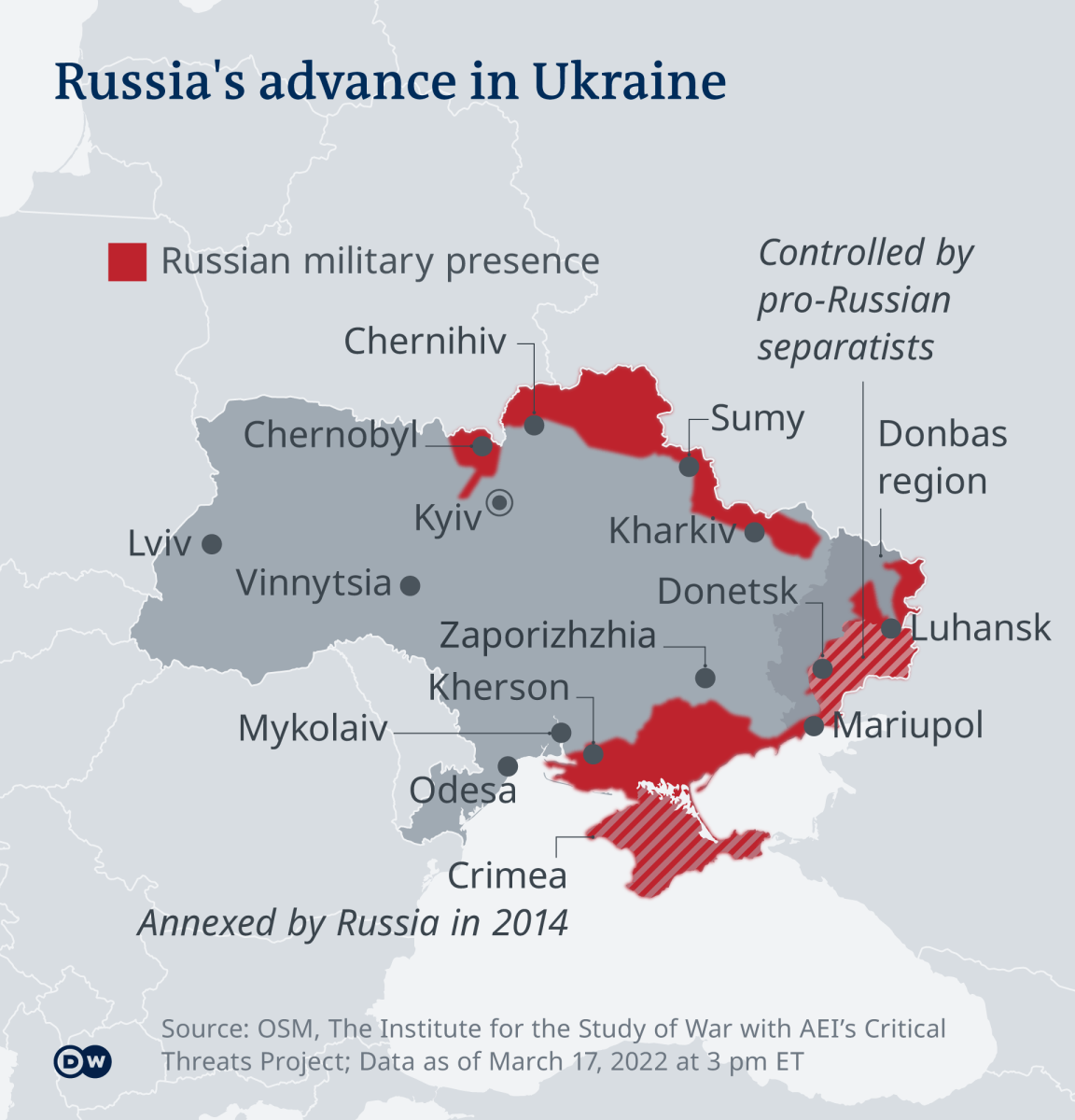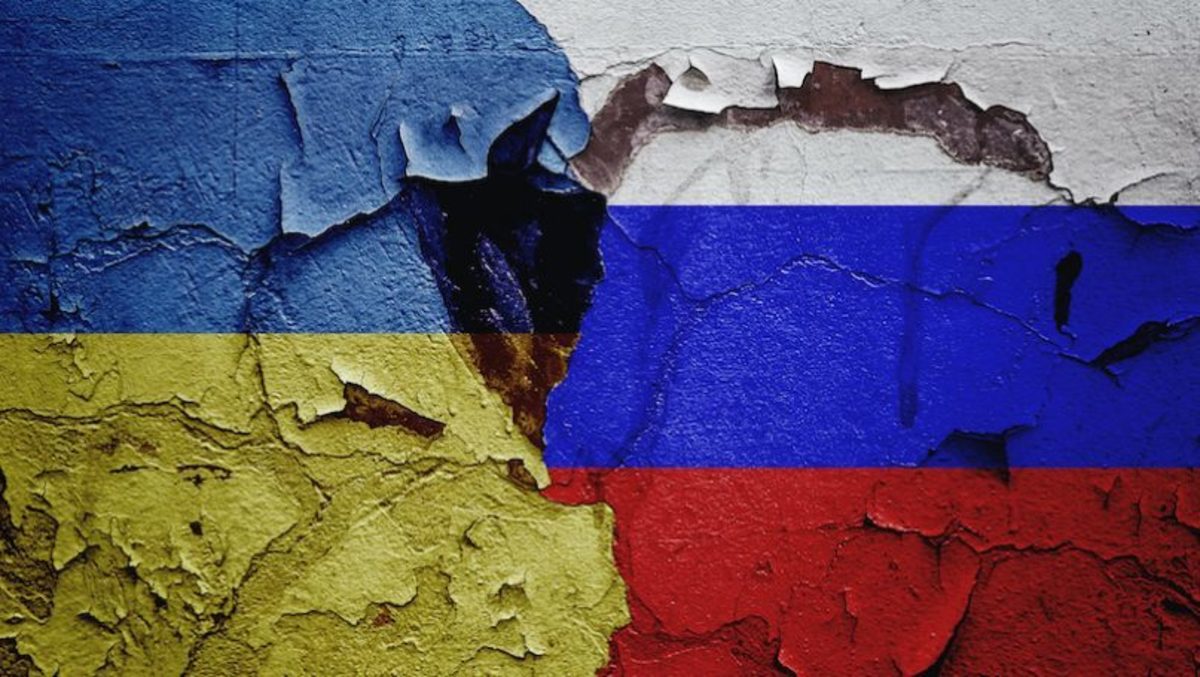Stalin and the Khrushchevite Revisionist Traitor Group: Responding to Falsehood
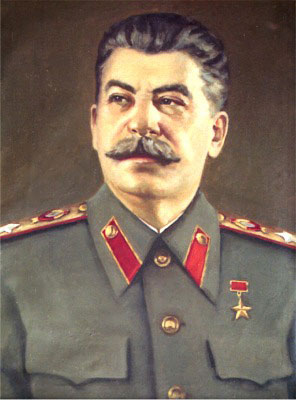
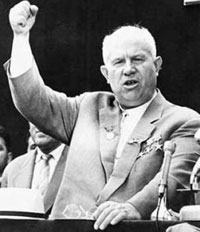
*The following article is a response to recent contributions to Communist Review. The pieces in question are 'The Social and Political Background to the Terror of 1937-8 in the Soviet Union' by John Ellison, and 'Stalin and Khrushchev' by Andrew Northall. Both of these articles themselves were written as a response to Yuri Emelianov's 'Stalin's Purges' of 1937-8:What Really Happened?'. Although the following article is written as to be accessible to those who have not read the articles in question.
Previous editions of Communist Review had filled me with great pleasure, in no small part down to the work of Yuri Emelianov on Stalin. However, following discussion pieces dismissing Emelianov’s work have had quite the opposite effect. Both contributions by Andrew Northall (Spring 2013) and John Ellison (Autumn 2012) particularly indulge in unfettered revisionism while simultaneously disregarding modern academia.
Ellison’s piece can be put to rest quite simply. In his work he relies almost entirely on the work of the notorious propagandist Roy Medvedev whom he refers to as a “bravely independent investigator”1. Medvedev is treated as a credible and authorative source. This is despite Ellison’s own admission that the archives call for a revision of Medvedev’s account. But really they call for no revision of Medvedev, they simply discredit him. Indeed if Marxists are to adhere to the historical account of the bourgeois Medvedev then we may as well treat Hayek as an authority on economics, such is the preposterousness. That Medvedev called himself a Marxist is irrelevant. For as very Tory claims to be a patriot and a democrat their actions tell us this is nonsense. So too of Medvedev’s Marxist credentials.
But let us take Medvedev’s word for a moment. In his much quoted Let History Judge he himself lets slip that "My collaboration with the people I have mentioned was based exclusively on personal initiative and trust. I did not make use of or have access to any closed archives, special collections, or any other limited-access depositories and I am not familiar with any2."
Here Medvedev reveals his ineptitude as a historian by basing accounts on trust. The real historian approaches subjects with scepticism, they search for bias, lies and contradictions. They would certainly note the notoriously unreliable nature of oral history and anecdotal evidence. But more than that, he openly declares that no archives were used.
He then continues that "In the nature of things there could not be a published source for much of the information in this book; it was passed on by the victims of repression or their friends or relatives3."
Here he fatally exposes himself by further illuminating his great failing. He assumes the validity of the claims of these so-called victims. Even worse, he accepts hearsay. Not only is he accepting the word of the claimants themselves, but takes at face value the word of friends and relatives. This seems to be the academic equivalent of playing what the Americans call Telephone (in order to avoid our racist naming). Anyone who played the game as a child will be all too aware that the message almost always becomes distorted, even completely unrecognisable.
This is sham history akin to the phenomenon of creationism being put under the umbrella of science. Perhaps next we will elevate Conquest and Solzhenitsyn. Ellison says he will continue to rely on these sources “until someone justifiably casts them out as otherwise”. With that done let us turn to the case of Andrew Northall.
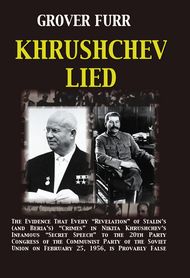
On 'Stalin and Khrushchev'
In his article he compares Emelianov’s work to science-fiction. Although it is peculiar in the least to suggest that the account based on the archives is fiction, and to instead accept the anecdotal evidence of Khrushchev.
Let us be clear. The work of Emelianov uses archived recorded proof to analyse the claims of the likes of Khrushchev, Medvedev and Conquest. In order to refute their position one would have to show that either the archives are incorrect, have been misinterpreted or provide specific counters contradicting Emelianov’s analysis of Stalin and Khrushchev. This is not done.
Rather than counter Emelianov’s arguments, Northall simply reaffirms the position of Khrushchev. This is the very same position which Emelianov has shown to be a falsehood. This is not the art of argument, this is listening to an argument and immediately dismissing it as it does not reflect your own opinions. By coming to the table under the assumption that Khrushchev told the truth, he is guilty of begging the question. His first premise simply implies his conclusion. This is quite clear when he says that “something of a coup d’etat was carried out by the Stalin leadership over the Communist Party”, while basing this wholly on the word of Khrushchev’s so-called revelations4.
Such faith in the word of Khrushchev is a critical error. Again let us be clear, faith is the operative word as to take Khrushchev’s word is to surrender all reason to blind hope. If Emelianov has produced a piece of science fiction, Northall’s work reads like a religious text. For we cannot help but see his reasoning like a young earth creationist. For like the young earth myth, Khrushchev’s so-called revelations were long held accepted truth. But today science, reason and evidence have smashed this myth. Like the creationist who yells that the earth is young and created by God because the bible says so, despite all evidence to the contrary, Northall confidently tells us that Khrushchev’s account is truth simply because Khrushchev said so. This is nowhere more evident than the baseless accusation that the secret speech “clarified what many knew and understood but, until that point, had not dared to say”5. The key word here is “clarified”. We are told this despite the fact that Khrushchev contradicted all evidence rather than supplement it. Therefore, we can only assume that Khrushchev’s word is its very own verification.
Despite the wild assertions made at the 20th Congress of the CPSU, latched on to by the Medvedevs and Conquests, and capitalised upon by all anti-communist elements, modern historians bringing real clarity based on archives as opposed to the tittle-tattle peddled by career politicians at the 20th congress. Take the example of Grover Furr who excellently displays that “There is not one single example, during Stalin’s whole life of him removing someone from the collective leadership because that person disagreed with Stalin”. Moreover, “Khrushchev and the rest not only could have opposed Stalin, but did in fact oppose him”6. In one such case the right deviants opposed new tax increases on the peasantry introduced by Stalin and the party in 1952. The right elements were not executed, they were not arrested, they did not go missing. They carried on their lives as normal. Added to this is the fact that on 4 separate occasions Stalin offered his resignation. This alone disproves much of Khrushchev’s claims.
In contrast to Stalin, Khrushchev did remove opponents from the collective leadership: the so called ‘Anti-Party Group’ including the old Bolshevik Molotov, Malenkov, Kaganovich and Shepilov. This occurred after the Presidium had voted 7-4 in favour of replacing Khrushchev with Bulganin7. Indeed all throughout Furr’s Khrushchev Lied such a mass of contrary evidence is presented in case after case as to make every accusation made by Khrushchev at the 20th congress entirely collapse. That certain archives remain closed today also points further to Stalin’s innocence. Stalin has provided a useful crutch for Khruschev, Gorbachev to Putin, the myth created is a useful bogeyman on which to pass the blame for all their failures. While such regimes keep certain archives secret, we have to ask ourselves why. That they do not like what shall be revealed is the most sensible and plausible reason.
It is Northall’s opinion that the implementation of more Khrushchevite reform would have prevented “the ‘stagnation of the 1970s and 80s, or the eventual, consequential collapse of the 1990s“8. This is the most incredible of statements, totally detached from reality and all evidence. Firstly, we must roundly criticise the peddling of the language of the bourgeoisie. The Soviet Union did not “collapse”, it was destroyed. Collapse implies it was structurally unsound. This is entirely erroneous and bears no relation to the statistical reality of prolonged economic growth surpassing most of the capitalist bloc.
The most important factor is the complete ignorance of the fact that Khrushchev’s reforms were the ideological inspiration, foundations and precursor to Gorbachev;s reforms, the very reforms which did destroy the Soviet Union. In simplest terms Khrushchev’s thaw became glasnost, his economic decentralization, perestroika. If we want to look at what caused the destruction of the USSR we must always start with Khrushchev, as not only was Gorbachev born out of Khrushchevism but it was he who started the economic slowdown. In prescribing more Khrushchev to save the Soviet Union, we may as well prescribe cigarettes to cure lung cancer.
“In May 1957, Khrushchev abolished thirty plus central planning ministries and replaced them with over a hundred local economic councils. The result was predictable. Co-ordination of production and supplies became even more difficult than it was before, and local interests superseded national goals”9.
Khrushchev then created new layers of bureaucracy and multiplied the complexities of economic planning. This was added to superfluous grand and costly adventures like the disastrous Virgin Lands project, as well as the overall bourgeoisification of the economy. Unlike under Stalin when primacy was given to the means of production, the economy was consumerised.
“In Khrushchev‘s first year as General Secretary investment in heavy industry exceeded that in consumer goods by only 20 percent, compared to 70 percent before the war“10.
This awful decision was taken despite Stalin’s accurate warning that
“What would be the effect of ceasing to give primacy to the means of production? The effect would be to destroy the possibility of the continuous expansion of our national economy, because the national economy cannot be continuously expanded without giving primacy to the production of the means of production11.”
History has shown just how correct Stalin was, and consequently just how wrong Khrushchev was. And in his failure to catch up with and surpass the west, Khrushchev failed on his own terms. Yet under Stalin the Soviet economy experienced the fastest growth of any in history. The official figures show us that national income grew from 29,000,000,000 Rubles in 1929 to 50,000,000,000 Rubles in 193312. This of course coincides with the great depression when capitalist economies crumbled, even in global economic turmoil the soviet economy flourished under Stalin‘s guidance. If we extend the scope of analysis from 1928-1940 the results are even more impressive; with national income making a five-fold expansion.
With all of this understood, it is apparent that Northall is so wildly wrong when claiming that
“The Soviet Union of the 1950s, looking to the 1960s and anticipating the forthcoming scientific and technological revolution, had to move decisively beyond the methods of the 1930s”13.
Firstly, the Soviet Union did not move on, it regressed from socialism to capitalism. It ignored heavy industry and as a consequence, technologically lagged as warned by Stalin. Again comrade Northall inverts problem and solution. Secondly, the methods of the 1930s and 40s were the very methods of anticipating the forthcoming scientific and technological revolution as Stalin clearly understood as displayed above.
For Northall‘s conclusion, more Khrushchevite reform could have meant
“we might still have had a socialist half of the planet, robust, vibrant, democratic, innovative, attractive and compelling and a powerful magnet and source of inspiration, hope and motivation for the proletariat everywhere”14.
In the first instance, we would have no socialist half of the planet as Khrushchev reverted to market incentives and a capitalistic economy. And so attractive and compelling was Khrushchevite revisionism that communist party memberships all around Europe plummeted under his leadership. Tens of thousands walked out on the communist movement at Khrushchev’s betrayal. The Communist Party of Great Britain alone lost around 30,000 members under Khrushchev’s watch, the opposite of all observed trends under Stalin.
So inspiring was Khrushchev that his capitulation in the Cuban Missile Crisis led Che Guevara to note that the revolutionary potential in Latin America was greatly weakened15. So ready to betray the international communist for his own political gains was Khrushchev.
Such attitudes towards external revolutionary governments and people’s democracies were actually quite typical of Khruschev. Indeed when the German Democratic Republic requested aid Khruschev’s response was that “we won the war” and “don’t thrust your hands in our pockets”16. Even more damaging attitudes were expressed regarding Mao Zedong who was described in terms of his “savage vengeance and deceit”, as well as his “Asaitic cunning”17.
We all know that Lenin said “without revolutionary theory there can be no revolutionary movement”. So when Khrushchev talked of peaceful coexistence and non-violent revolution there ceased to be a revolutionary movement in the Soviet Union, or at least the revolutionary movement was detached and separate from the Soviet government. His theoretical aberrations produced deviant policy, such as the provision of technological assistance to Cuba’s then regional enemies of Colombia and Venezuela. Always ready and willing to betray Marxism-Leninism was Khrushchev. Where Stalin brought comradely respect to the table, Khrushchev dictated terms to the international workers movement. A man familiar with the workings of both Stalin and Khrushchev is comrade Enver Hoxha
“Is it permissible for one party to engage in subversive acts, to cause a split, to overthrow the leadership of another party or of another State? Never! The Soviet leaders accused Comrade Stalin of allegedly interfering in other parties, of imposing the views of the Bolshevik Party upon others. We can bear witness to the fact that at no time did comrade Stalin do such a thing towards us, towards the Albanian people and the Party of Labor of Albania, he always behaved as a great Marxist, as an outstanding internationalist, as a comrade, brother and sincere friend of the Albanian people. In 1945, when our people were threatened with starvation, comrade Stalin ordered the ships loaded with grain destined for the Soviet people, who also were in dire need of food at that time, and sent the grain at once to the Albanian people. Whereas, the present Soviet leaders permit themselves these ugly deeds”18.
And so democratic was Khrushchev that he acted against the Presidium in using the Stalin bogeyman to isolate the Leninist old guard of Molotov and co. This was to close the door to democracy. He launched a successful attack on Stalin’s democratising attempts to pass more power from the party to the Soviets. Following Stalin’s death, the Council of Ministers continue with his democratising agenda and vote to reduce officials bonuses and pay, in May 1953. Yet Khrushchev somehow manages to overturn this decision and in August he would be appointed First Secretary19. The nomenklatura got their man.
So far from the reality of Khrushchev’s rule is Northall’s conclusion. Northall calls for a scientific materialist outlook on Khrushchev, yet unfortunately produces conclusions abstracted from the material reality of the situation. And it is the same very scientific materialist analysis of Stalin that he is so quick to dismiss as science fiction.
References
1 John Ellison, Communist Review Autumn 2012, p27.
2 Roy Medvedev, Let History Judge, Columbia Press, New York, 1989, p xviii.
3 Medvedev pxx.
4 Andrew Northall, Communist Review, Spring 2013, p29.
5 Northall p29.
6 Grover Furr, Khrushchev Lied: The Evidence That Every "Revelation" of Stalin's (and Beria's) Crimes in Nikita Khrushchev's Infamous "Secret Speech" to the 20th Party Congress of the Communist Party of the Soviet Union on February 25, 1956, is Provably False, Erythros Press and Media, LLC, 2011, p22
7 Furr, p23.
8 Northall p29.
9 Roger Keeran & Thomas Kenny, Socialism Betrayed: Behind the Collapse of the Soviet Union, International Publishers, New York, 2004, p30.
10 Keeran & Kenny p25
11 Joseph Stalin, Economic Problems of Socialism in the USSR, Foreign Languages Publishing House, Moscow, 1952, p28.
12 Joseph Stalin, Problems of Leninism, Foreign Languages Publishing House, Moscow, 1954, p597.
13 Northall p29.
14 Northall p29.
15 Constantine Pleshakov, Inside the Kremlin’s Cold War: From Stalin to Khrushchev, Harvard University Press, 1997, p269
16 Pleshakov, p269.
17 Pleshakov p222.
18 Enver Hoxha, Reject the Revisionist Theses of the XX Congress of the Communist Party of the Soviet Union and the Anti-Marxist Stand of Khrushchev’s Group! Uphold Marxism-Leninism, 1960, at http://www.marxists.org/reference/archive/hoxha/works/nov1960.htm.
19 Furr p194.
